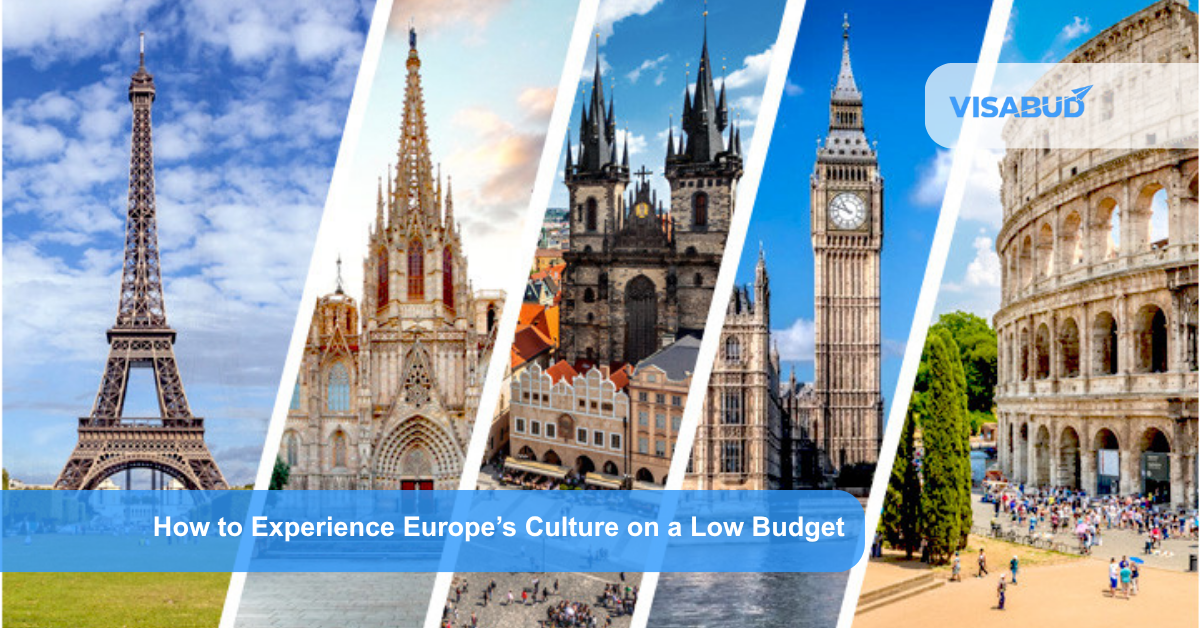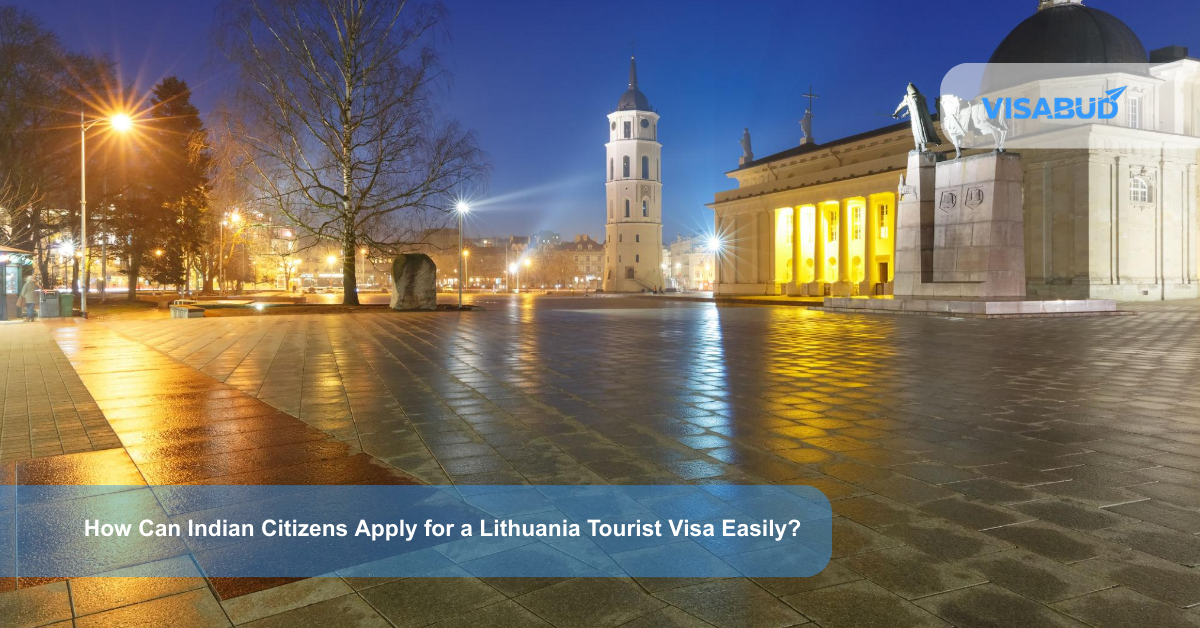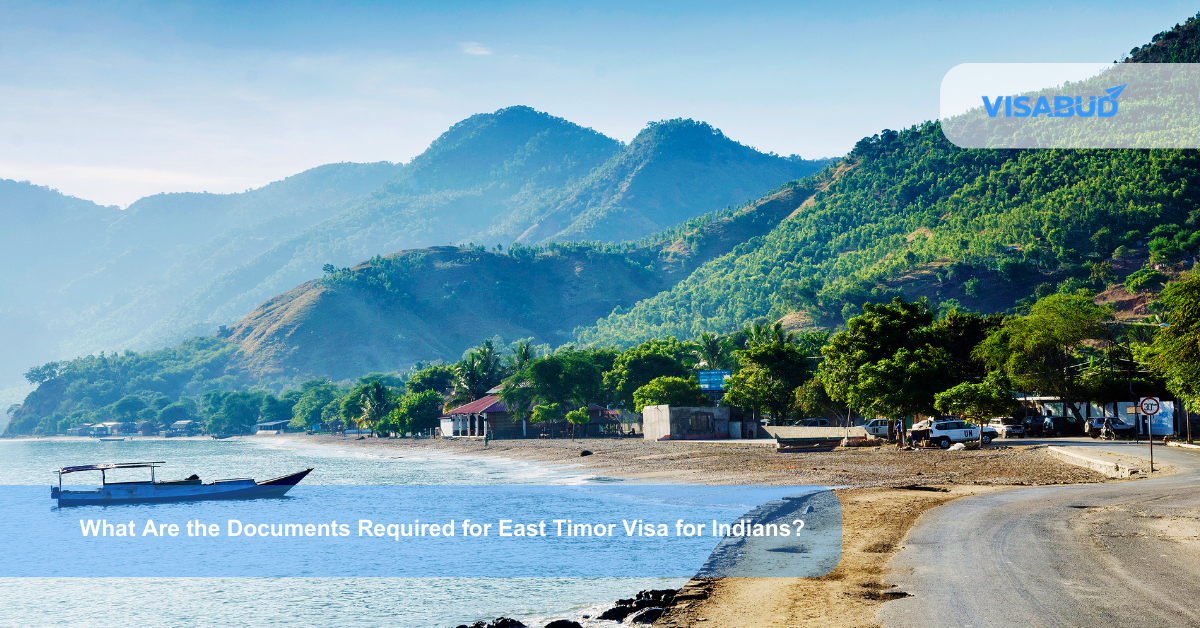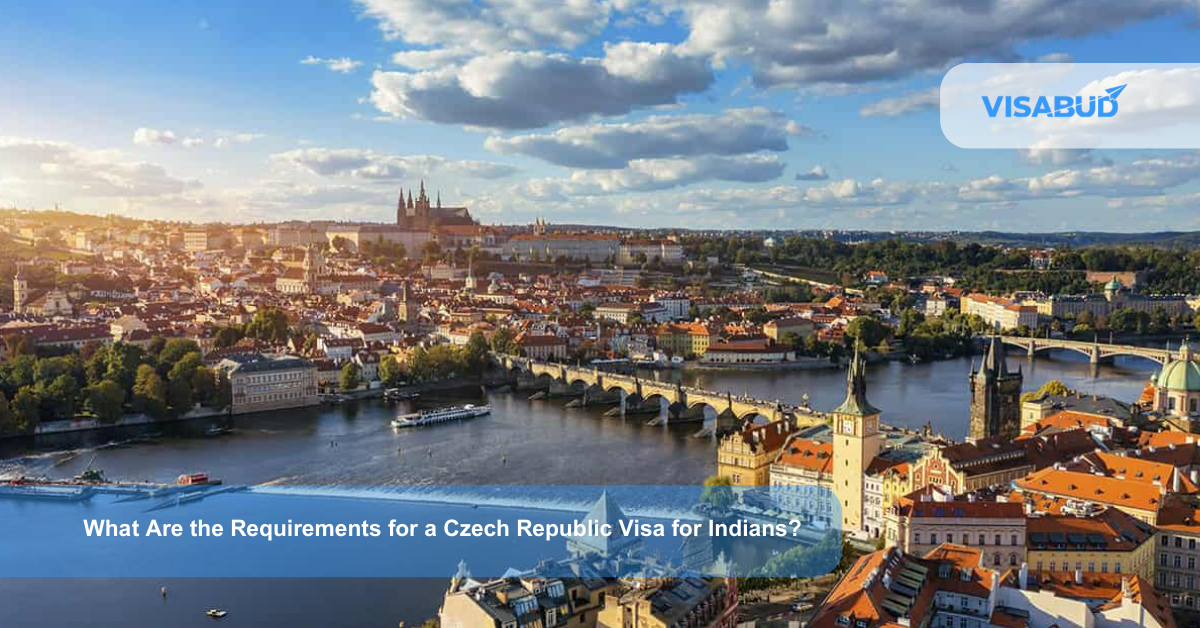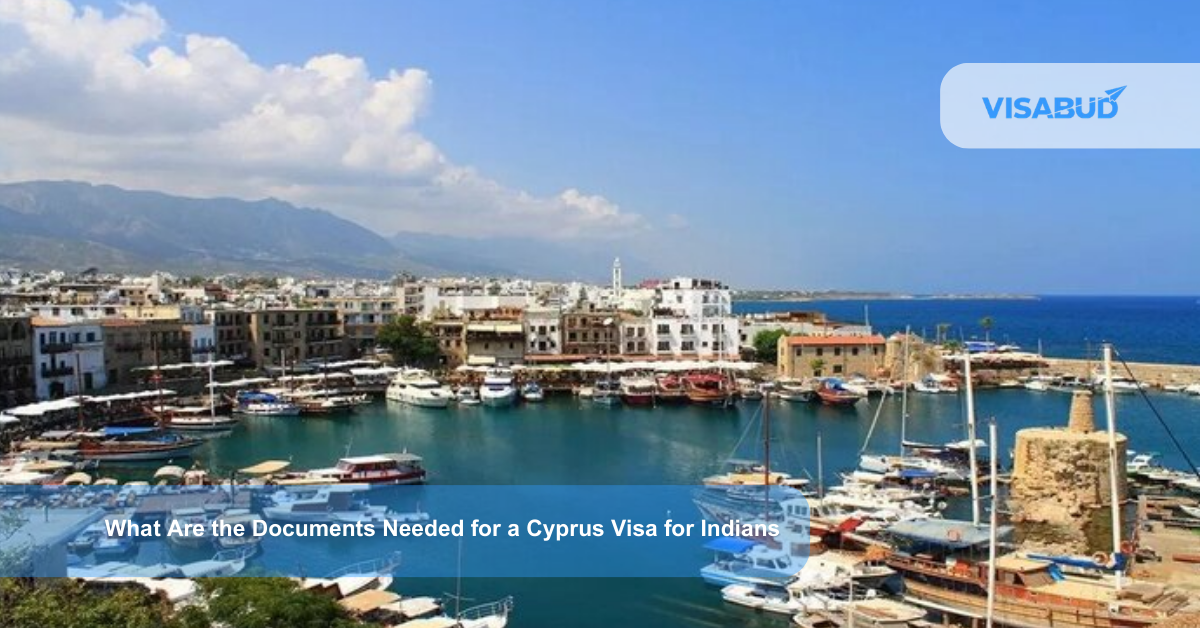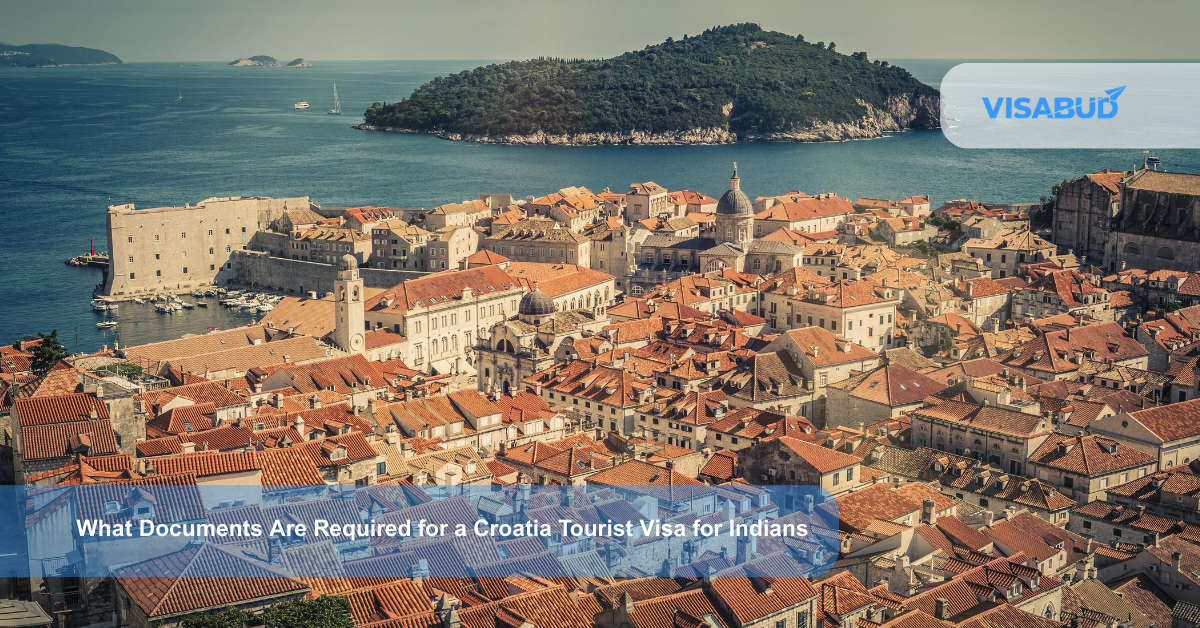Europe is a treasure chest of culture, history, art, and traditions. From cobblestone streets in Italy to art museums in France and lively festivals in Spain, the continent offers a rich cultural experience.
The good news? To enjoy it, you do not have to spend a fortune. With a bit of planning, creativity, and resourcefulness, you can immerse yourself in Europe’s cultural wonders while staying within a reasonable budget.
Below is a practical guide to help you enjoy Europe’s culture without overspending.
1. Plan Ahead and Choose Budget-Friendly Countries
Europe has a mix of expensive and affordable destinations. While countries like Switzerland and Norway can be costly, others are much easier on the wallet.
Budget-friendly countries include:
Tip: Planning in advance helps you grab cheaper flights, accommodation, and even free or discounted museum days.
2. Travel During the Off-Season
Peak tourist seasons (June–August) drive prices up for flights, hotels, and attractions.
Off-season benefits:
Best months for budget travel:
3. Use Budget Airlines and Trains
Travel within Europe is affordable if you know how to book tickets smartly.
Affordable transportation options:
Pro Tip: Book early and be flexible with dates for the lowest prices.
4. Stay in Affordable Accommodation
Europe offers many budget-friendly accommodation options without compromising cultural experiences.
Options include:
5. Enjoy Free and Low-Cost Attractions
Numerous cultural attractions in Europe are either free or reasonably priced.
Ideas for free experiences:
6. Explore Local Food on a Budget
Tasting local cuisine is a big part of experiencing culture, and you don’t need expensive restaurants to enjoy it.
Tips for affordable eating:
7. Take Free Walking Tours
Free walking tours are available in almost every European city, with guides showing you significant historical and cultural landmarks. You just tip the guide based on your budget.
Benefits of walking tours:
8. Experience Local Festivals
Festivals are a perfect way to see Europe’s traditions without spending much.
Popular budget-friendly festivals:
9. Visit Churches and Historic Buildings
Europe is home to stunning cathedrals, monasteries, and palaces. Most are free to enter or have a small donation fee.
Famous free or low-cost sites:
10. Use City Passes for Big Savings
Many European cities offer tourist cards or city passes that provide free entry or discounts to multiple attractions.
Examples:
11. Enjoy the Outdoors
Nature is a big part of European culture. Hiking, cycling, and exploring nature spots are mostly free.
Ideas:
12. Learn Basic Local Phrases
Speaking a few words in the local language can make your cultural experience richer (and sometimes cheaper when bargaining).
Examples:
13. Travel Slowly
Instead of rushing to multiple countries, spend more time in one or two places. This saves transportation costs and lets you dive deeper into local culture.
FAQs
1. Is it possible to travel Europe on less than $50 a day?
Yes. Staying in hostels, eating at markets, and using budget transportation can keep costs low.
2. Which countries are cheapest for cultural travel in Europe?
Poland, Hungary, Romania, Bulgaria, and Portugal are among the most affordable.
3. Are free walking tours really free?
Yes, but it’s polite to tip the guide according to your budget.
4. How can I find free museum days?
Check official museum websites; many offer free entry once a month.
5. Is Couchsurfing safe in Europe?
Yes, if you check reviews and choose verified hosts.
6. Can I travel between countries by bus?
Absolutely. FlixBus and BlaBlaCar are popular and budget-friendly.
7. What’s the best time to travel for low costs?
Spring (March–May) and autumn (September–November).
8. Are local festivals expensive to attend?
Most festivals have free public events; some may have small fees for special activities.
9. How can I save on food while traveling?
Eat at local bakeries, markets, or small cafes, and avoid tourist-heavy restaurants.
10. Do I need to book accommodation in advance for budget travel?
Yes, early booking often means better rates and more choices.
Final Words
Experiencing Europe’s culture doesn’t have to mean draining your savings. With smart planning, budget-friendly destinations, and a willingness to explore beyond tourist hotspots, you can enjoy authentic traditions, festivals, food, and history at a fraction of the cost.
Traveling on a budget also adds a unique charm: it encourages deeper connections with locals, discovery of hidden gems, and a more authentic cultural experience.
So, pack your curiosity, embrace flexibility, and set off to explore Europe’s rich culture without worrying about overspending. Your most memorable experiences might just come from the simplest, most affordable moments.
